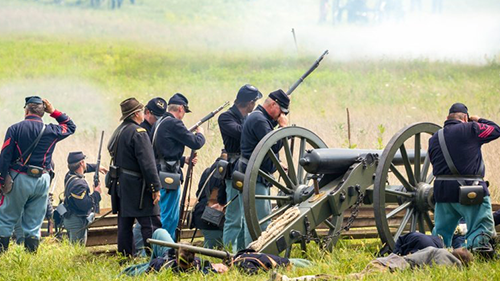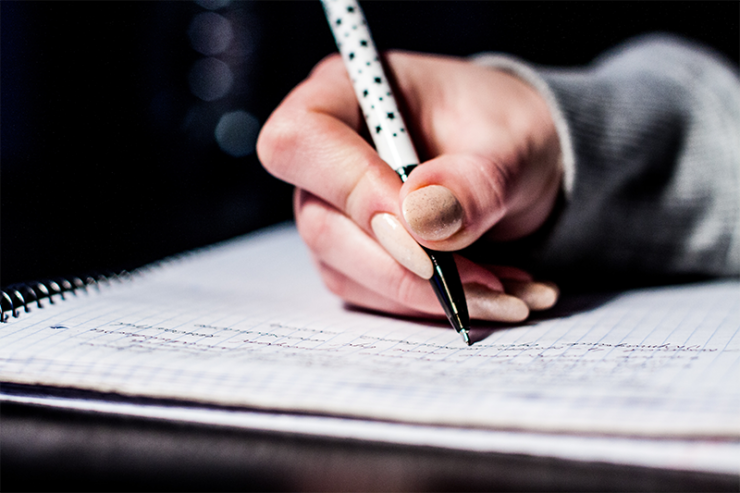So, you have a history exam around the corner and can barely remember what you ate last night, much less what happened over one hundred years ago. Here are seven effective tips to learning history for an exam:
Go to a Museum
Sometimes, the best way to learn something is to be completely consumed by it. To that end, if you need to learn history for an exam, my suggestion would be to steep yourself in history by heading a museum. Most towns have a local museum you could head to, or you could travel to the closest city which should have a large museum. Either way, the point is that you will be learning tons about history just by walking around. There will also be guides that can walk you through each exhibit and add extra context to what you are seeing, the context you can bring to your exam.
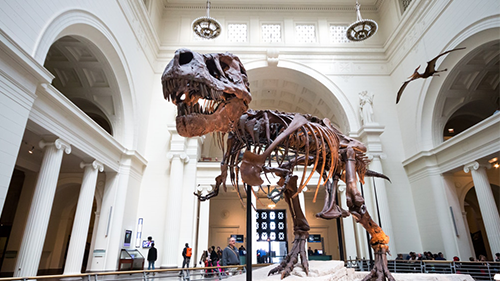
Watch Some Historical Biopics
Although it may not be the most exciting film genre, there is a bountiful selection of historical biopics that can glean a lot of insight into historical figures and the context surrounding them. Not only will you be seeing something that allows you to deeply understand these figures, but you will understand deeper where each figure lives and how they affect it. What is great about these movies is that they are distilled into the most important information that you would need on an exam. You need to do your research and make sure you watch one that is accurate, though.
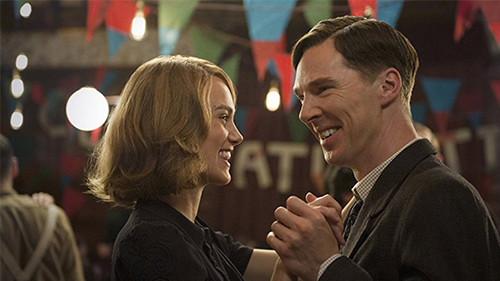
Read Biographies of Famous People in History
If you are more of a fan of reading than watching, I would suggest reading some biographies or historical nonfiction. Although the prose will be terse (and somewhat impenetrable), if you focus hard on what you are reading, you will leave the book with a lot more insight than when you started. These books are incredibly thick, so the amount of information you learn will be much broader than that you will learn in a movie. Unfortunately, some of that information will not be necessary for passing an exam, but there is no such thing a learning too much.
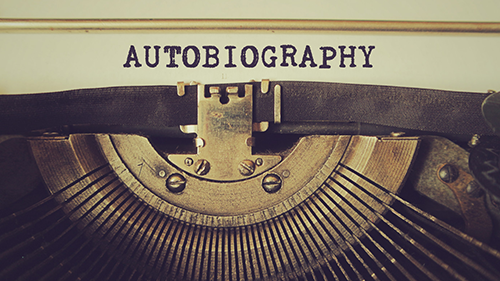
Speak to Veterans
If the history you need to learn is that of the war variety, you should seek out veterans in your community. It is for the best to be there in the room with the veteran you talk to, as more stories will come out that way. But, if you must, you can always contact one on social media. It would be helpful to speak to a veteran, as they will actually understand why the war happened, what they were fighting for, and how some of the conflicts actually shaped out. Some war books are cobbled together by many points of view, leading to a complicated portrayal of the war. By going to someone with one point of view, you will get a much better picture as to what happened.
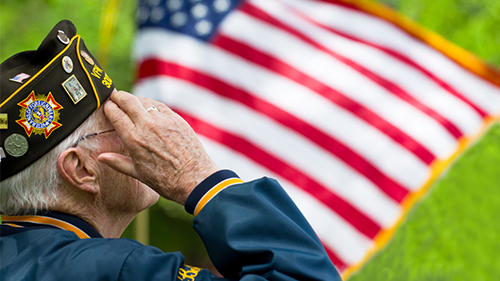
Attend Cultural Events
You would be surprised how many towns have unknown cultural significance. Fortunately, the mayors of these towns do know when their town has significance and do their best to celebrate that history with cultural events. Going to these events should give you the greater context of the place in which you live. There is the potential for your town to have taken part in an important battle. The information you learn here could lead to greater discoveries necessary to pass your exam.

Create a Map to Visually Represent a War You are Studying
If you are studying a war and already talked to a veteran, the next step for you to take is to visually represent the war by drawing up a map. You do not have to be the greatest artist in the world, you just need to draw something that can be understood when looked at. You could also label it with cities, towns, and battlefields, with little captions that give insight into what happened there. This will give you a greater understanding of the war itself, the insight you could use during your exam.
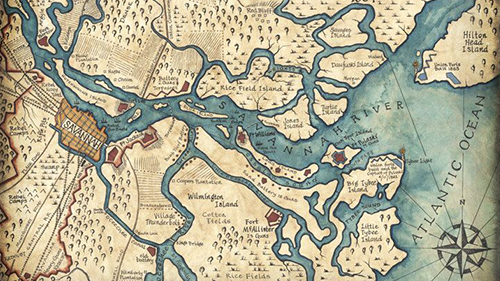
Go to a War Re-Enactment
On the topic of war (and revisiting the notion of immersion from the museum), you should try your best to head to a war re-enactment. These war re-enactments are incredibly well-research and put together, so you are no doubt going to learn information that you did not know previously. This is the most fun option of all of the study methods, due to how engaging and high-octane the war re-enactments can get. But, do not get too invested in the story of it that you do not learn what you need.
